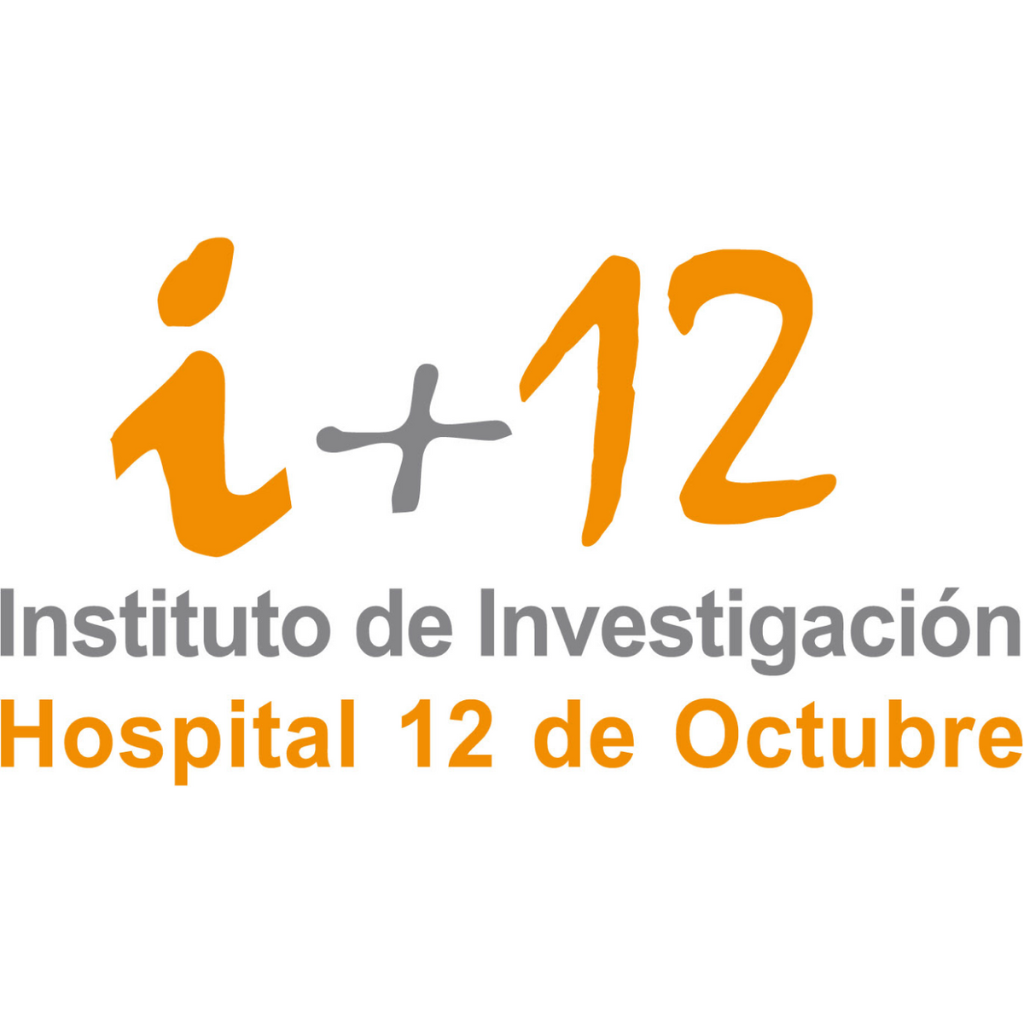Redefining the detection of heart failure
The challenge
Heart failure (HF) is a prevalent problem, with approximately 1-3% of the population affected in developed countries.[1] This number is expected to increase with the growing aging population, as one of the biggest risk factors is being over 65 years of age. While it is a prevalent condition, diagnosis typically happens late in the disease, and often in the hospital setting. Early diagnosis of HF enables access to a wider range of treatment options, which not only alleviate symptoms but may also slow down disease progression.
However, HF can be difficult to detect in early stages as its symptoms can be very vague, interpreted as ‘part of aging,’ or patients may even be asymptomatic. As the electrocardiogram (ECG) is typically the first check in the HF diagnosis pathway, the ECG is one of the most common tests to perform both in the specialist setting as well as the primary care setting, as it is fast, affordable, and non-invasive. However, interpreting ECGs can be challenging, even for experts. Although they may hold insights into a patient’s heart health, including indicators related to HF, these indicators may sometimes get missed.
The solution
The Future of Artificial Intelligence Trained for HF detection & Upgrading Latest technology (FAITHFUL) project, lead by Idoven, aims to tackle the challenge of diagnosing heart failure (HF) patients more effectively. The current system of HF diagnosis is reactionary, based on the symptoms that patients exhibit. This approach is inefficient and struggles to keep pace with the increasing number of HF cases, with many of today’s HF patients ending up with a diagnosis only when they are admitted to the hospital to treat their symptoms.
As one of the first steps in the diagnosis pathway is the ECG, the team aims to address this issue by utilising an algorithm on the ECG that can give an HF score, providing primary care physicians (PCPs) with additional information to facilitate more informed decision-making even before symptoms manifest. As ECGs are not only part of the HF diagnostic pathway, but also a routine component of check-ups for individuals at risk of HF, FAITHFUL’s solution enhances the current workflow, changing the current model with new technology and enhancing quality information available to PCPs and to the cardiology department. As the solution is a backend solution, it will seamlessly integrate with the current clinical workflow, providing physicians with reports summarising findings alongside the HF score.
The project team’s goal is to improve outcomes for all stakeholders: providing PCPs with more tools and information to reduce uncertainty in the diagnosis pathway, enabling cardiologists to intervene earlier in the patient journey, resulting in cost savings for payers, and, most importantly, improving patient outcomes and quality of life.
Expected impact
The FAITHFUL project will redefine the detection of heart failure, thereby transforming the lives of those affected by it. Patients will receive a diagnosis earlier, enabling them to commence treatment and adopt lifestyle changes that will significantly enhance their quality of life, as well as their life expectancy.
During the study, the team anticipates that patients diagnosed will maintain a quality of life score close to their baseline.[2] They also anticipate approximately a 40% decrease in hospitalisations for those diagnosed.[3] Primary care physicians will be able to offer even higher-quality care to their patients and adopt a more preventative approach to HF, supported by increased confidence in making decisions based on ECG results.
Likewise, cardiologists will have the opportunity to engage in patient care at an earlier stage. Patients will also benefit from earlier diagnosis, as up to 80% of patients are diagnosed in late stage HF and many are diagnosed in the hospital setting only after symptoms have worsened.[4][5] Payers also may benefit significantly by the avoided hospitalisations (the most costly aspect of HF) as well as contribute to the development of a value-based healthcare system. Based on research, FAITHFUL anticipates reducing HF-related costs by 69% for newly diagnosed patients.[3][6][7]
FAITHFUL’s goals are ambitious but focused, supported by a strong consortium that includes world-class healthcare providers, a wide range of patients and payers, as well as organisations advocating for the interests of both patients and providers. Transforming the diagnosis of HF and improving the lives of those affected is no small task, however the FAITHFUL consortium is well equipped to address this crucial healthcare challenge.
External Partners
- Fundación Instituto de Investigación Marqués de Valdecilla (Idival)
- Fundacio TIC Salut Social
- Ilustre Colegio Oficial de Médicos de Madrid (ICOMEM)
- Estonian Health Insurance Fund
References
[1] Ponikowski P, Voors AA, Anker SD, Bueno H, Cleland JGF, Coats AJS, et al. (2016). ESC Guidelines for the diagnosis and treatment of acute and chronic heart failure: The Task Force for the diagnosis and treatment of acute and chronic heart failure of the European Society of Cardiology (ESC) Developed with the special contribution of the Heart Failure Association (HFA) of the ESC. European Heart Journal [Internet]. 2016 Jul 14;37(27):2129–200. Available from: https://doi.org/10.1093/eurheartj/ehw128
[2] Akhtar KH, Agarwal S, Ford L, Zhao YD, Lindenfeld J, Dasari TW. Effect Of Therapies On Quality Of Life In Heart Failure With Reduced Ejection Fraction: A Systematic Review And Meta-analysis. Journal of Cardiac Failure [Internet]. 2023;29(4):659–60. Available from: https://www.sciencedirect.com/science/article/pii/S1071916422010089
[3] Seferović PM, Stoerk S, Filippatos G, Mareev V, Kavoliuniene A, Ristić AD, et al. Organization of heart failure management in European Society of Cardiology member countries: survey of the Heart Failure Association of the European Society of Cardiology in collaboration with the Heart Failure National Societies/Working Groups. European Journal of Heart Failure [Internet]. 2013 Sep 1;15(9):947–59. Available from: https://doi.org/10.1093/eurjhf/hft092
[4] Bottle A, Kim D, Aylin P, Cowie MR, Majeed A, Hayhoe B. Routes to diagnosis of heart failure: observational study using linked data in England. Heart [Internet]. 2018 Apr 1;104(7):600. Available from: http://heart.bmj.com/content/104/7/600.abstract
[5] Bachtiger P, Kelshiker MA, Petri CF, Gandhi M, Shah M, Kamalati T, et al. Survival and health economic outcomes in heart failure diagnosed at hospital admission versus community settings: a propensity-matched analysis. BMJ Health and Care Informatics. 2023 Mar 15;30(1).
[6] Accelerate Change Together Heart Failure Gap Review [Internet]. World Heart Federation; June 2020 [cited 2024 Mar 26]. Available from: https://world-heart-federation.org/resource/accelerate-change-together-heart-failure-gap-review/.
[7] Escobar C, Varela L, Palacios B, Capel M, Sicras A, Sicras A, et al. Costs and healthcare utilisation of patients with heart failure in Spain. BMC Health Services Research. 2020 Dec 1;20(1).
Members
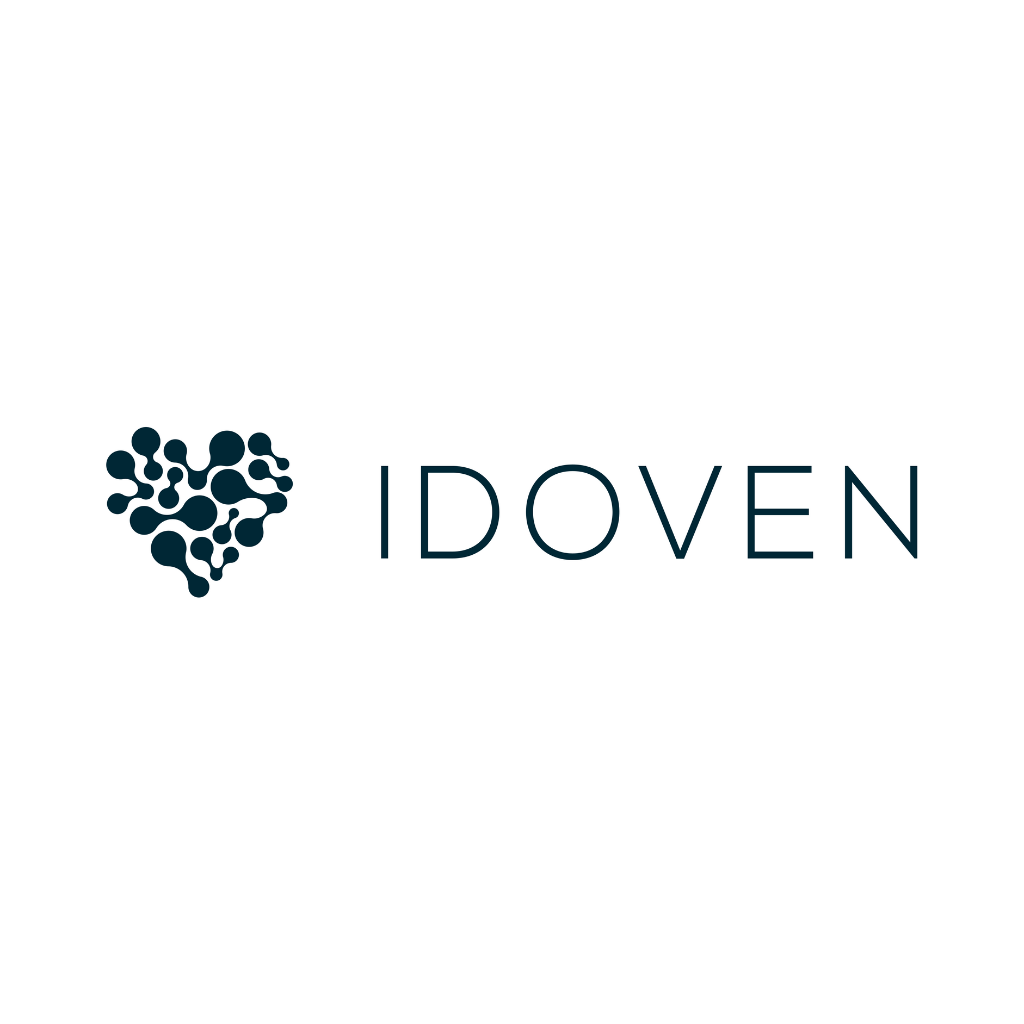
CLC/InnoStars: Spain
Idoven is a health technology company advancing early detection and precision medicine for cardiovascular diseases. The Idoven AI-powered platform delivers substantial improvements to the speed, consistency and accuracy of electrocardiogram (ECG) interpretation. Its powerful, proprietary AI algorithms, which work with existing ECG devices, are also being applied to develop disease biomarkers towards patient identification, risk stratification and prognosis, as well as drug cardiac safety monitoring. Idoven partners with leading medical device and pharmaceutical companies on AI-driven innovations to develop a new standard of cardiovascular care.
Key Activities in Research and Developement
Idoven is leading the consortium of the innovation project ASSIST, which has received €1.5 million in funding over two years from EIT Health - The project consists of developing the first artificial intelligence-based solution for early diagnosis and accurate triage of acute myocardial infarction.

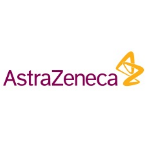
CLC/InnoStars: Spain
Partner classification: Business, Research
AstraZeneca is a global, innovation-driven biopharmaceutical business that focuses on the discovery, development and commercialisation of prescription medicines. They continue to be an integral part of the scientific community in the UK, employing more than 2,600 employees in the UK focused on high value R&D activities. This is backed up by significant R&D investment. Spain is one of the countries with the greatest contribution to AstraZeneca's research activity at a global level and where we have close to 1,000 employees and 224 people dedicated to R&D. The research strategy in Spain, focused on a collaborative model with local institutions, is oriented towards three main lines: the promotion of basic and preclinical research, the participation of Spanish researchers and centers in all international clinical trials, and support for initiatives promoted by independent researchers. The company had 379 clinical studies running in 2022, including clinical trials (232), observational studies (112) and preclinical studies (35), being one of the most active countries in the world in clinical research within AstraZeneca. Among clinical trials, 63% are focused in Oncology, 26% in Biopharma and 11% in Rare Diseases, with a total of almost 12,500 patients involved in Spanish hospitals.
Key Activities in Research and Developement
Oncology, Cardiovascular, Renal and Metabolism, Respiratory and Immunology and Vaccines and Immunotherapies
Key Activities in Corporate Innovation
Pharma
Key Activities in Social Innovation
Access to health, Sustainability & Environment and Ethic & Transparency
Key Activities in Business Creation
Finance & Investment
Key Activities in Education
Healthcare professional education/training


CLC/InnoStars: Spain
Partner classification: Municipality / City, Hospital / University Hospital
Servicio Madrileño de Salud (SERMAS) is the public health provider of the region of Madrid. SERMAS belongs to the Spanish National Health System and provides services to more than 6 million citizens through 38 hospitals and 424 primary care centres. SERMAS is an international reference for high-specialized medicine; it is equipped with state-of-the art stage technologies and characterized by high-qualified health professionals distributed in three domains: primary care, hospital care and emergency care through SUMMA 112. SERMAS has one of the best public primary care systems in good coordination with hospital care and social services in order to provide integrated care and achieve real impact on patients and families. In order to improve health research management and coordination, SERMAS works with 13 Research Foundations that support from the economic and administrative point of view research and innovation that originates at university hospitals, primary care, the emergency medical service and public health covering all areas of specialties and including communication and information technologic departments. These public research foundations focus on innovation and translational research, seeking for real outcomes in healthcare. SERMAS is committed to ensure the continuous improvement of quality.
Key Activities in Social Innovation
Healthcare provision, Payers
Key Activities in Business Creation
Technology Transfer, Testing & Validation
Key Activities in Education
Medical faculties, Healthcare professional education/training

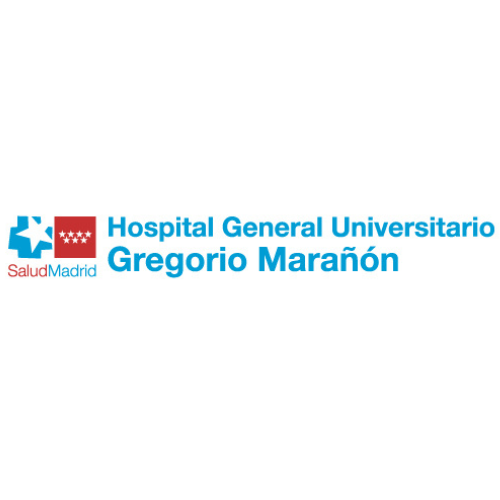

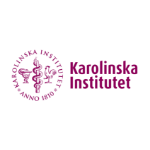
CLC/InnoStars: Scandinavia
Partner classification: Education, Research
Karolinska Institutet is one of the world's leading medical Universities. Our mission is to contribute to the improvement of human health through research and education. Our research covers the entire medical field, from basic molecular biological research, to clinical epidemiology and nursing science. Since 1901 the Nobel Assembly at Karolinska Institutet has selected the Nobel laureates in Physiology or Medicine. With our close relationship to the clinical world, a well-established infrastructure, a unique innovation system and financial stability, Karolinska Institutet has excellent prerequisites for sustaining high-quality research and education.
Key Activities in Corporate Innovation
Pharma, Med Tech, Diagnostics, Imaging, Nutrition
Key Activities in Social Innovation
Healthcare provision
Key Activities in Business Creation
Incubation, Technology Transfer, Business coaching, Testing & Validation
Key Activities in Education
Entrepreneurship training, Medical faculties, Healthcare professional education/training


CLC/InnoStars: Scandinavia
Partner classification: Municipality / City, Hospital / University Hospital
Region Stockholm is one of Europe's largest healthcare providers, offering everything from telephone advice about self-care to advanced specialist care at the university hospital.
Key Activities in Corporate Innovation
Pharma, Med Tech, ICT, Diagnostics, Imaging, Nutrition
Key Activities in Social Innovation
Healthcare provision, Payers
Key Activities in Business Creation
Testing & Validation
Key Activities in Education
Healthcare professional education/training


CLC/InnoStars: France
Partner classification: Research, Tech Transfer, Clusters, Other NGOs
MADoPA is a Living Lab specialising in co-creation, experimentation and evaluation of technologies and services for the elderly. MADoPA is a non profit association created in 2009, financially independent and involved in multiple European, national and regional projects.
MADoPA
MADoPA, 2 Rue Gustave Eiffel, 10430 Rosières-prés-Troyes, France

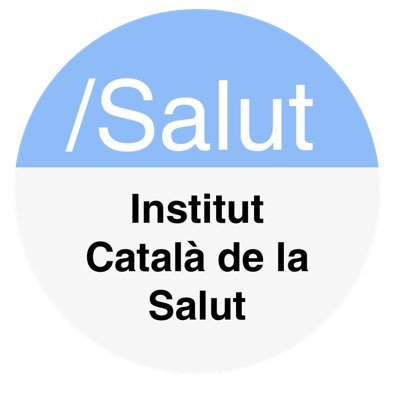
CLC/InnoStars: Spain
Partner classification: Education, Research, Tech Transfer, Clusters, Other NGOs, Hospital / University Hospital
With a staff of over 51,700 professionals, the Catalan Health Institute (ICS) is the largest public health services company of Catalonia, that provides health care to nearly six million people across the country. As a reference entity of the public health system, the aim of ICS is to improve people’s health and quality of live, through the provision of excellent health services in his 8 Hospitals and 949 primary care centers and local consultancy, regarding both the promotion of health and the treatment of diseases, from the most prevalent to the most complex ones. Also, our organization includes research - 7 Institutes - , and education. All of our activities embrace innovation and knowledge transfer as a guarantee to continuously improve the attention that the institution offers to the citizens.
Institut Català de la Salut (ICS)
Institut Català de la Salut, Gran Via de les Corts Catalanes, 587, 08007 Barcelona, Spain

